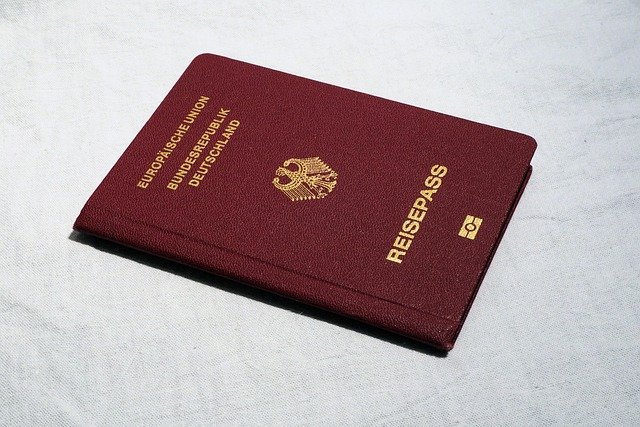Understanding Visa Lottery Programs: A Comprehensive Guide
Visa lotteries are programs that allow applicants from eligible countries to apply for a chance to obtain residency in another nation. The process is typically random but requires meeting strict eligibility and documentation requirements before selection.

What are visa lottery programs?
Visa lottery programs are government-initiated schemes that allow individuals from eligible countries to apply for a chance to obtain permanent residency or immigration visas. These programs typically aim to diversify the immigrant population of the host country by providing opportunities to individuals from nations with historically low rates of immigration. The most well-known example is the United States Diversity Immigrant Visa Program, commonly referred to as the Green Card Lottery.
How do visa lottery programs work?
The process of participating in a visa lottery generally involves several steps. First, potential applicants must check their eligibility based on criteria set by the host country. These criteria often include nationality, education level, and work experience. Eligible individuals then submit an application during a specified period, usually providing personal information, photographs, and sometimes supporting documents.
Once the application period closes, entries are randomly selected through a computer-generated draw. Selected applicants are then notified and given instructions on how to proceed with their visa application. It’s important to note that selection in the lottery does not guarantee a visa; applicants must still meet all immigration requirements and pass background checks.
Which countries offer visa lottery programs?
While the United States’ Diversity Visa Program is perhaps the most famous, it is not the only country to offer a visa lottery. Other nations have implemented similar programs, though they may operate differently or have more specific targets. For example:
-
Canada: The Provincial Nominee Program in some provinces includes elements of randomized selection.
-
New Zealand: The Pacific Access Category Resident Visa operates as a ballot system for citizens of specific Pacific nations.
-
Australia: While not a lottery per se, the Skilled Independent Visa (subclass 189) uses a points-based system with invitations issued to eligible candidates.
What are the benefits and challenges of visa lotteries?
Visa lottery programs offer several potential benefits. For applicants, they provide a chance at immigration that might otherwise be unavailable. For host countries, these programs can contribute to cultural diversity and potentially address specific labor market needs. Additionally, they may strengthen diplomatic ties between nations.
However, these programs also face challenges and criticisms. Some argue that the random nature of selection doesn’t necessarily align with a country’s economic or social needs. There are also concerns about fraud and the potential for exploitation of applicants by unscrupulous third parties promising guaranteed success.
How can one prepare for a visa lottery application?
Preparing for a visa lottery application requires careful attention to detail and adherence to all specified guidelines. Here are some key steps:
-
Verify eligibility: Thoroughly review all requirements to ensure you qualify for the program.
-
Gather necessary documents: Prepare required documents such as passports, birth certificates, and educational qualifications in advance.
-
Follow instructions carefully: Pay close attention to application procedures, including photo specifications and form completion.
-
Submit on time: Be aware of application periods and submit well before the deadline to avoid technical issues.
-
Stay informed: Keep track of your application status and respond promptly to any requests for additional information.
What are the chances of success in visa lotteries?
The odds of being selected in a visa lottery can vary widely depending on the specific program and the number of applicants. For instance, in the U.S. Diversity Visa Program, millions of people apply each year for approximately 50,000 available visas. This means the chances of selection are relatively low, often less than 1%.
It’s crucial to approach visa lotteries realistically, understanding that they are not guaranteed paths to immigration. Applicants should consider them as one of several potential options in their immigration strategy, rather than relying on them exclusively.
Visa lottery programs represent a unique aspect of global migration policies, offering hope and opportunity to many while also presenting challenges in implementation and management. As international travel and migration continue to evolve, these programs are likely to remain a topic of interest and debate in the broader context of immigration policy.




